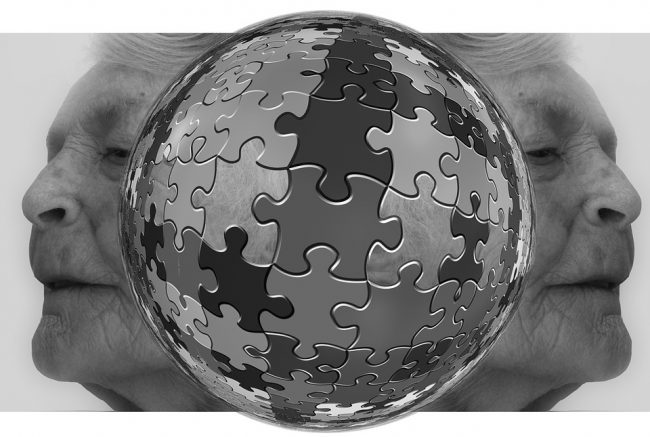
Development of WHO Guidelines for risk reduction of cognitive decline and dementia
The World Health Organization (WHO) is developing an evidence based guideline on dementia risk reduction and in recent months two members of our leadership committee Professor Kaarin Anstey and Dr Ruth Peters along with IRNDP early career members Lidan Zheng and Nicole Ee, and a similar team from Finland led by Professor Miia Kivipelto, have been working alongside the WHO to synthesize evidence relating to dementia risk reduction to support the guideline development process.
In early July, a WHO guideline development group meeting was held in Geneva, Switzerland with the aim of formulating evidence-based recommendations on lifestyle behaviours and interventions and the management of specific physical and mental health conditions to prevent cognitive decline and dementia.
During the meeting, the guideline development group reviewed the evidence profiles for each key question presented by the two teams and formulated recommendations based on the evidence for dementia risk reduction.
Professors Anstey and Kivipelto played active roles in this process.
These guidelines are designed to provide up-to-date evidence-based recommendations to facilitate implementing a range of other WHO initiatives including –
- The Global action plan on the public health response to dementia 2017-2025;
- The Comprehensive mental health action plan 2013-2020 and WHO’s Mental Health Gap Action Programme (mhGAP);
- The Global action plan for the prevention and control of noncommunicable diseases 2013-2020;
- The Global strategy and action plan on ageing and health 2016-2020;
- The Global strategy to reduce harmful use of alcohol; and
- The Global strategy on diet, physical activity and health

The guidelines are primarily targeted at health care providers and health workers. However, they will have implications at the national and international level for policy makers, health care planners, program managers and the general population.
After the publication of these guidelines, it is expected that WHO will support implementation of the guidelines and collect regular feedback in order to evaluate their usefulness and impact. This information will be used to evaluate the quality of the guidelines and to identify areas where improvement is warranted.